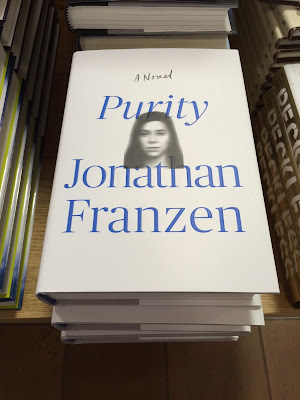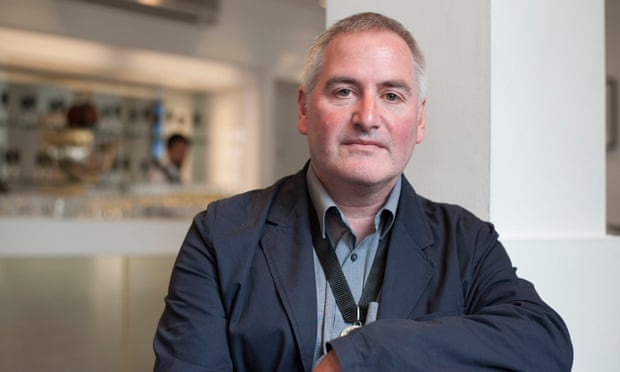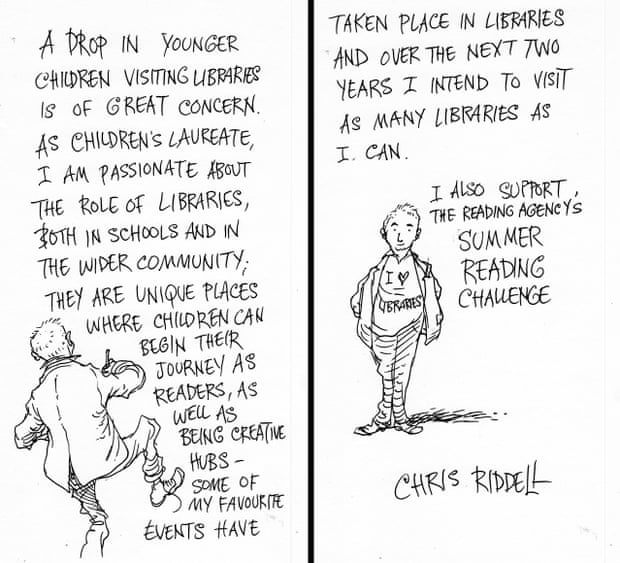Toni Morrison says it’s required reading. She‘s saying it about Ta-Nehisi Coates’s little 150-page book, Between the World and Me. It’s been out for some months now. It’s a letter to Coates’s 14-year-old son. You’ve heard about it. You may have read it. I’d say you should. But who I’m most interested in are the 14-year-olds in the city, school kids his son’s age. Could they read this book? Not as some over-analyzed, drawn-out homework project, a few baby pages a day. Could they just sit down with it or lie down with it, and read it, maybe in one or two sittings in their bedroom, like the letter it is? Coates wrote it for a 14-year-old. What if the schools here asked themselves if their 8th graders could easily read that book? Wouldn’t that be a good measure? There has to be some kind of measure. I’d say go with this one. And if they found that most of the kids couldn’t easily read it, which is what they’d find, then shouldn’t the schools change the way they spend their students’ time?
Some of the high school kids and college kids who walk past
my sign every day smile at it and me and say hi. A few Muslim girls go by with veils over
their faces. They smile big with their eyes and wave quietly.
I remember being 14. I was obsessed with the guy my
18-year-old sister was dating. His name
was William Kelly Young and he was from Boston. His parents were dead and he
lived with an old sea captain. He drove a little silver-gray sports car and
wore a camel-hair coat and his hair looked like a Kennedy’s. It was 1961 and
that was a big thing. It was winter when he first came to visit. I was out
shooting hoops in the half-shoveled driveway with a friend and he got out of
his little car with his long camel-hair coat on and his good hair and clapped
for the ball. I tossed it to him. I can
still see it. He swished the shot, even with his big coat on, with a real
shooter’s style, from 20-some feet. That
summer when he came to stay a few days with us, he was sitting on the porch one
night. I was looking at him. He was reading a paperback book. It was The
Catcher in the Rye, which I’d only vaguely heard of. Oh, did that look
cool to me. A guy who could shoot hoops
was reading a book in a crew-neck sweater on our porch. He was the coolest guy
to me sitting there slouched in a chair reading that book that he’d brought
from Boston to our little town with him. Their big love affair broke up, of
course, like those good things sadly do. I think of him though. I remain a
Celtics fan. And I’m a J.D. Salinger fan.
In my good city all the libraries would be open till 10:00
every night. I wonder why they aren’t open that late here. It’d be a great thing. Just think of it, a
clean well-lighted place, open every night to read books and magazines in. Kids
could do homework. To people who live places where their libraries are open
late, it surely surprises them that big-deal New York City’s libraries close
around dinner time.
There was an article in the Times last week
about two Upper West Side public schools whose boundaries may be re-arranged.
That’s a concern to the parents of kids in the white, more successful school
who don’t want things to change. They don’t want their kids to have to go to
the school where mostly black and Hispanic kids go. Nothing about that
surprised me. You know by now that’s how the world is. What did surprise me
though, in this day and age, was that the school where the poor kids go doesn’t
have a library.
I heard on an NPR talk show that there are more scripted TV
shows on now than ever in history. Like
400 of them. People don’t know how to see all the good ones. They binge-watch
to keep up. That seems crazy to me once
you’re out of the dorm.
The rates of illiteracy in prison are as high as you’d think
they’d be if you thought about it. How can that not be a pipeline? By law the
kids of the city have to go to school until they’re 16. That’s 10 years. To have
not learned to read in those 10 years is a big reason they’re in jail. Aren’t
schools supposed to teach kids to read? If you boil it down, are schools there
for any other reason?
You’ve heard how some young tennis players and young golfers
go off to special schools in Florida and out West to get intense training. Some kids from Europe and Asia come all that
distance to go to these schools. What
they get is instruction from people who know how to teach, and they get plenty
of time to work on their game. They get lots of reps. Lots and lots of reps.
Reps are important. In everything. Peyton Manning after the Broncos good game
against the Packers talked about the time they’d had in their off-week to go
over things. Like at the sports academies where the kids get the instruction
and all those reps, Peyton‘s coaches had the team go through their paces until
they had it figured out what they needed to do to get better, to get ready for
their big game. The schools here should
be like that. They should have good reading instructors, and plenty of time for
their students to get all the reading reps they need to become good readers who
when they’re fourteen can read books like Between the World and
Me. It would change their world. It
would make it better. It would make it safer.
Anyway, I keep
picturing all these little kids playing some game in this big field of rye and
all. Thousands of little kids, and nobody's around - nobody big, I mean -
except me. And I'm standing on the edge of some crazy cliff. What I have to do,
I have to catch everybody if they start to go over the cliff - I mean if
they're running and they don't look where they're going I have to come out from
somewhere and catch them. That's all I do all day. I'd just be the catcher in
the rye and all. I know it's crazy, but that's the only thing I'd really like
to be.


























